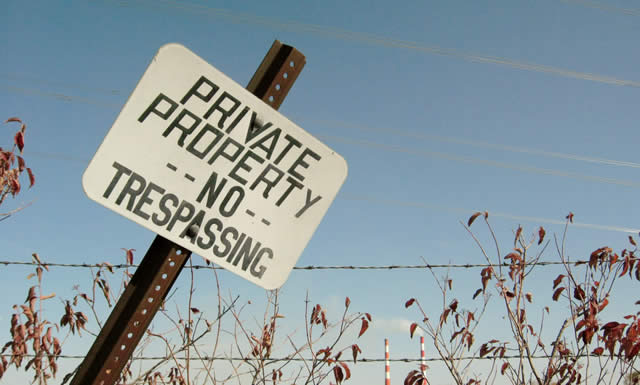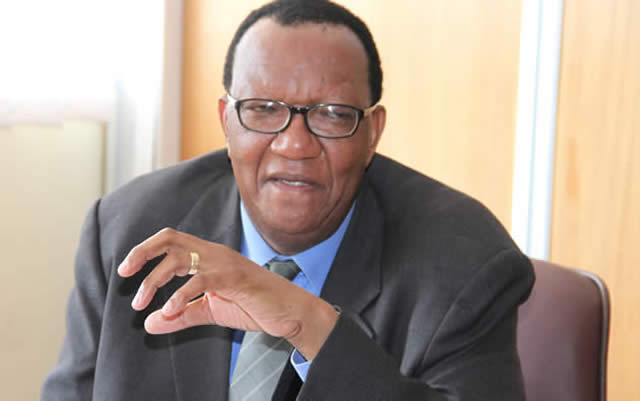Geyser ban to save 300MW

 Herald Reporter—
Herald Reporter—
Government will officially launch the national domestic solar water heating programme on Wednesday that will promote the use of solar powered geysers which will save about 300 megawatts. The 300 megawatts that would be saved when electric geysers are banned in the near future would be more than half the electricity being generated at any power station in the country.
Related………
- EDITORIAL COMMENT: Geysers are not the problem, Mr Mbiriri
- Govt to ban geysers
- SPB stalling solar power stations: Mbiriri
- How to save electricity
- Efficient use of electricity
- Saving power with solar geysers
- Zesa to remotely switch off geysers
- Solar water geysers save electricity
Energy and Power Development permanent secretary Mr Partson Mbiriri said in a statement yesterday that the country has about 250 000 electric geysers which are contributing to the high demand of power by consuming about 40 percent of domestic usage. “Zimbabwe is currently facing an acute power shortage and it has been identified that substantial power is consumed by domestic electric geysers,” he said.
“One way of mitigating the power shortage is to substitute electric geysers with solar geysers.” Mr Mbiriri said his ministry in conjunction with the Zimbabwe Energy Regulatory Authority, Zimbabwe Electricity Transmission and Distribution Company, ZESA Holdings and the Rural Electrification Agency has embarked on a national solar water heating programme to mitigate the power shortage.
“It will soon be a requirement that all new buildings or structures are to be fitted with solar geysers and not electric geysers,” he said. “Electric geysers in old buildings must also be replaced with solar geysers.” The launch of the national domestic solar water heating programme will run under the theme: “Stimulating economic growth and saving energy through harnessing natural resources”.
“The launch is expected to be attended by energy experts as well as Government officials, local authorities, diplomats, business community, farmers, bankers, miners and residents associations, among others,” he said. Mr Mbiriri said the programme was expected to stimulate economic growth through employment creation as the solar geysers are to be manufactured in Zimbabwe.
According to the Zimbabwe Power Company, the country is generating about 984MW, with Hwange generating 414MW, Kariba 500MW, Harare Power Station 30MW, Munyati 22MW and Bulawayo 18MW. In an interview with our Bulawayo Bureau last week, Mr Mbiriri said his ministry was crafting a Statutory Instrument that would make it criminal for anyone to use electric geysers.
As soon as the Statutory Instrument is gazetted, those with electric geysers would be given time to replace them with the solar-powered ones. Of late, the country has been experiencing massive load-shedding and power supply disruptions, resulting in many Zimbabweans spending hours in the dark.
According to the latest load-shedding schedule, most residential areas will go from 4am to 10pm without power. The situation has forced many residents to use other energy sources such as LP gas, wood and solar, while others use generators. Although Zesa has attributed the power cuts to reduced water levels at the Kariba Dam, Mr Mbiriri said last week that no meaningful investment in additional power generation were done since 1987.
According to Government, electricity supply is expected to improve in 2018 when projects on improving Harare and Bulawayo power stations are complete.











Comments